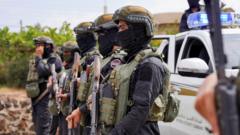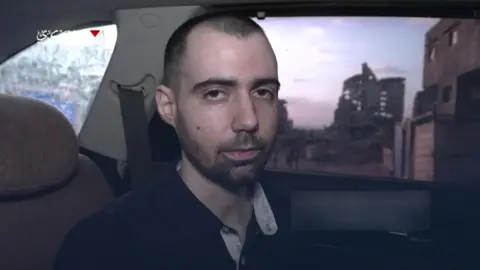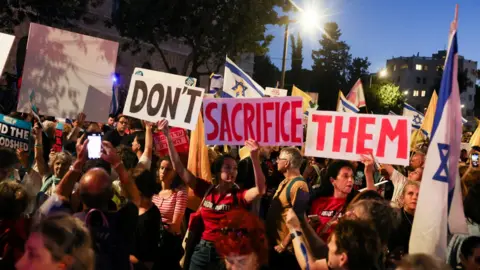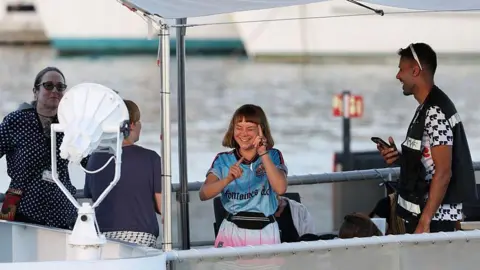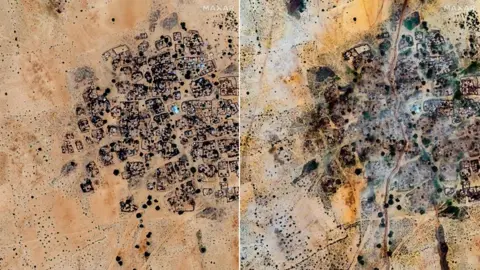As of Sunday, Suweida has witnessed a halt in fighting following a ceasefire announcement by Syria's president on Saturday. The Syrian Observatory for Human Rights (SOHR) noted that the Bedouins have reportedly retreated from the predominantly Druze city after an extended span of chaotic and deadly conflict. Despite the ceasefire, the violence did not immediately cease; it took an additional day for the situation to stabilize.
Local residents shared that the ceasefire brought an initial sense of relief, with SOHR reporting a rare absence of gunfire in the morning hours. However, the humanitarian crisis remains dire, as the region is facing a critical shortage of medical supplies. Witnesses expressed concerns over the conditions in hospitals, which are overwhelmed and unable to function adequately due to the influx of casualties.
The tribal clashes initially ignited following the abduction of a Druze merchant, leading to accusations of atrocities from both sides. Reports indicate that while fighting has subsided in several sectors, local Druze forces continue to hold control over the city. Security measures have been implemented, including the barring of access to outsiders, aiming to limit further tensions.
As the community faces the grim aftermath of violence, residents voiced urgent needs for humanitarian assistance and medical supplies, underscoring the disastrous conditions that hospitals have been subjected to during this turbulent week. The situation remains precarious as locals strive for a return to stability while grappling with the brutality of recent events.
The SOHR's report reflects the ongoing complexities and challenges within Syria, with a spotlight on the Druze and Bedouin communities and their long-standing tensions that have now escalated into widespread violence with catastrophic consequences.
Suweida's future hinges on the successful implementation of the ceasefire and international support to address the pressing humanitarian needs.
Local residents shared that the ceasefire brought an initial sense of relief, with SOHR reporting a rare absence of gunfire in the morning hours. However, the humanitarian crisis remains dire, as the region is facing a critical shortage of medical supplies. Witnesses expressed concerns over the conditions in hospitals, which are overwhelmed and unable to function adequately due to the influx of casualties.
The tribal clashes initially ignited following the abduction of a Druze merchant, leading to accusations of atrocities from both sides. Reports indicate that while fighting has subsided in several sectors, local Druze forces continue to hold control over the city. Security measures have been implemented, including the barring of access to outsiders, aiming to limit further tensions.
As the community faces the grim aftermath of violence, residents voiced urgent needs for humanitarian assistance and medical supplies, underscoring the disastrous conditions that hospitals have been subjected to during this turbulent week. The situation remains precarious as locals strive for a return to stability while grappling with the brutality of recent events.
The SOHR's report reflects the ongoing complexities and challenges within Syria, with a spotlight on the Druze and Bedouin communities and their long-standing tensions that have now escalated into widespread violence with catastrophic consequences.
Suweida's future hinges on the successful implementation of the ceasefire and international support to address the pressing humanitarian needs.

